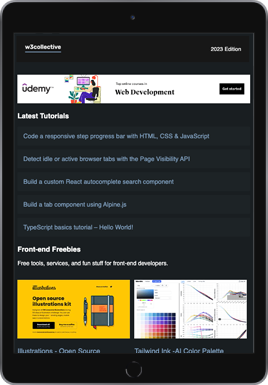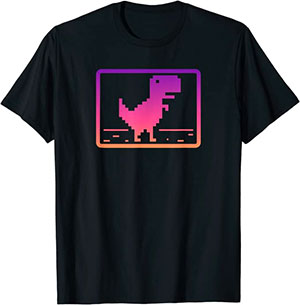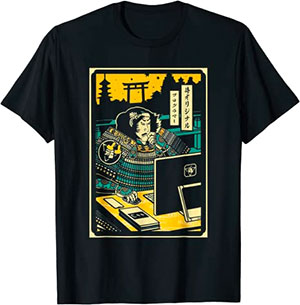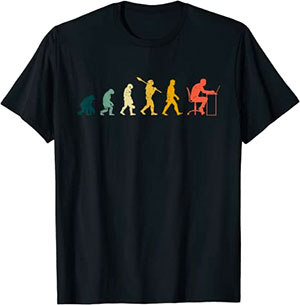In this tutorial we’ll be creating a simple animated mouse scroll icon. These types of icons are used to provided a visual indication to users that they can scroll to keep exploring the content of a webpage. Whether or not they’re necessary is up for debate but either way this is a fun little project to learn about design using pure CSS.
Once completed you should end up with an icon that looks like the following:

First thing we’ll need to do is create the required HTML markup:
<div class="icon-scroll"></div>Code language: HTML, XML (xml)Next comes the CSS, starting with the style to create the basic shape of the mouse.
.icon-scroll {
width: 20px;
height: 30px;
background: #ccc;
border: 2px solid #bbb;
border-radius: 10px;
display: flex;
justify-content: center;
margin: auto;
position: relative;
box-shadow: 3px 3px 5px -5px #000;
}Code language: CSS (css)Using the CSS ::before selector we can create a pseudo-element to represent the scroll wheel:
.icon-scroll::before {
content: "";
width: 4px;
height: 10px;
background: #eee;
border-radius: 2px;
margin-top: 5px;
}Code language: CSS (css)And using the CSS ::after selector we can add a small animated square that provides a visual representation to the user that the page can be scrolled :
.icon-scroll::after {
content: "";
width: 4px;
height: 3px;
background-color: #bbb;
position: absolute;
display: block;
animation: scroll ease 1s infinite;
}Code language: CSS (css)Finally we’ll add the keyframe animation that shifts and fades the .icon-scroll::after element. This animation will last for 1 second and repeat itself in an infinite loop:
@keyframes scroll {
from {
top: 5px;
}
to {
top: 18px;
}
100% {
opacity: 0;
}
}Code language: CSS (css)There you have it, a simple mouse scroll icon built from a single <div> element and some basic CSS. This icon can easily be modified to match any color palette and the size increased or decreased as required. Thanks for reading!




